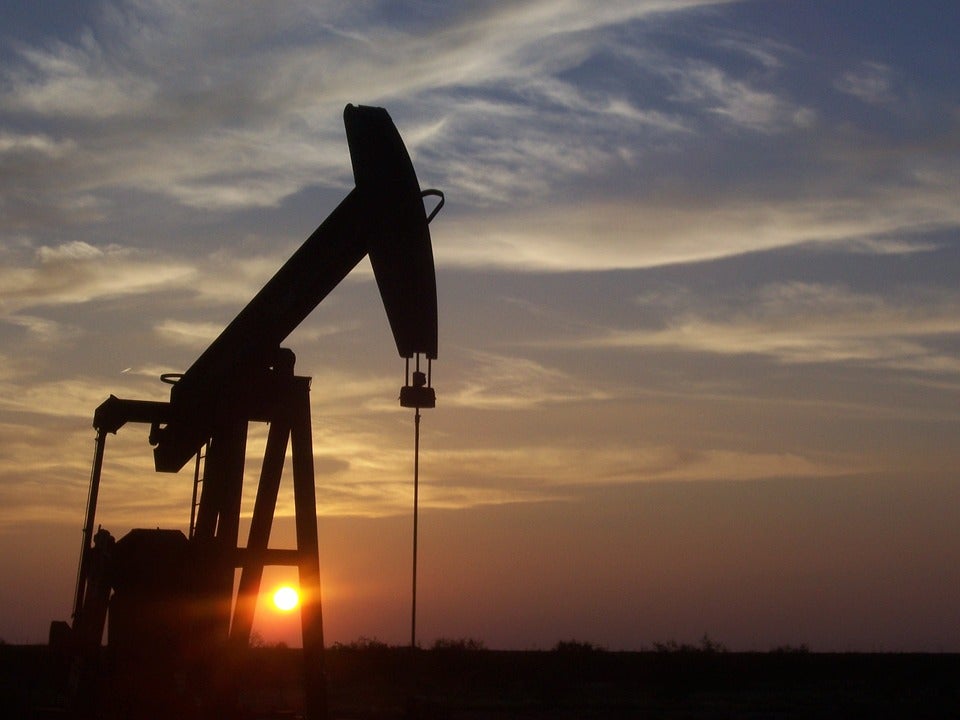
Harmful air emissions could increase from shale gas production through fracking in Europe, despite natural gas releasing fewer pollutants than other fossil fuels, according to a new study.
The study, conducted by the Institute for Advanced Sustainability Studies (IASS), revealed that CO₂ emissions would exceed those from conventional natural gas production in Germany.
Shale gas is a natural gas that is found in shale, a fine-grained, sedimentary rock , was previously difficult to extract from because of its low permeability. With recent advancements in fracking technology, considerable shale gas reserves have been opened to large-scale, commercial production.
Identifying two plausible emission scenarios, one ‘realistic’ and the other ‘optimistic’, the researchers determined the amount of the chemical compounds that would be released into the atmosphere through fracking activities.
Methane leakage rates matched official figures in the ‘optimistic’ scenario, but the rates for the ‘realistic’ scenario were considerably higher. The emission intensity of shale gas in electricity generation is 35% higher than the projected emission intensity of conventional gas in Germany.
Due to the potential risk of higher emissions from the fracking of shale gas, the study advises that it is crucial for this new gas industry to observe rigorous environmental standards.
IASS researcher Lorenzo Cremonese said: “If shale gas becomes a reality in Europe, the risks arising from that will have to be minimised through strict adherence to environmental standards.
“In light of the climate crisis, the environmental risks posed by gas emissions need to move quickly onto the agenda in policy making and in negotiations with the gas industry in order to keep the adverse effects of a European shale gas industry to an absolute minimum.”
The debate about the extraction of shale gas in Europe has grown following the vast increase in natural gas production in the US over the last ten years. Now the biggest natural gas producer in the world, the rise of such production is mainly due to shale gas, which accounts for approximately 60% of total US gas production.
The study was published in the International Journal Elementa – Science of the Anthropocene.



